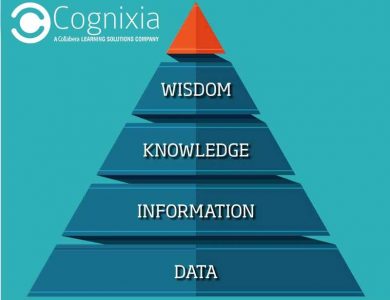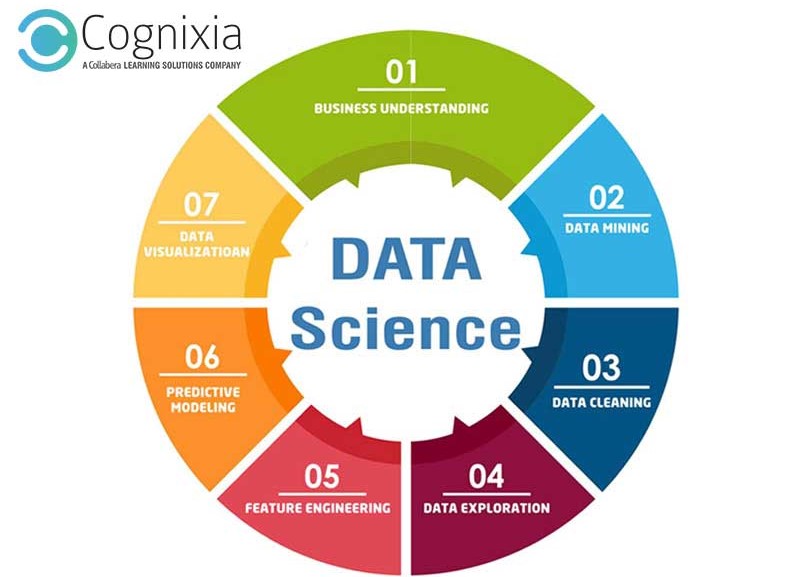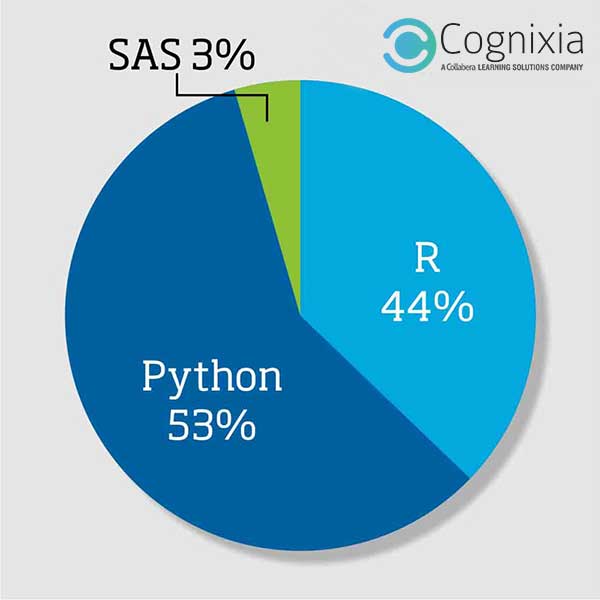Make Data Science Certification Speak the Language of Progress

Science is what differentiates human beings from other organisms. And it is this association with science, the most substantial weapon that has enabled mankind to surmount landscapes that seemed invincible. From Stone Age to the Information Age, the progress made by the Homo sapiens has been phenomenal, attributed almost entirely to the disciplines of science and technology. The forever insatiable human tendency to progress further and farther has resulted in many breakthroughs—Data Science being one of them.
Data Science is aimed at analyzing and comprehending actual phenomena backed up by data, in different fields as diverse as one could think of. It is an interdisciplinary field that embraces many other fields such as Mathematics, Statistics, Computer Science, Data Mining, Machine Learning, Database Management, and Data Visualization.
What is Data Mining in Computer Science?
Data mining, also refer to Knowledge Discovery Database (KDD) is a process used by several companies to turn raw data into useful information. For businesses, it can learn more about their customers and develop more personalized strategies. Often time’s data are stored to retrieve later.
The Rise of Data Science as a Discipline
The processes, methodologies, and systems to extract knowledge and insights from data utilizing Transactional, Planning, and Scheduling and Business Intelligence tools have been there for a while. In fact, the business world was at peace with these tools. With time, however, enterprises started feeling these tools to be inadequate. There were two main reasons for this insufficiency:
- First, millions of devices connected to the internet produced near about 2-3 million terabytes of data every day. The increase in the volume, velocity, and type of data was exponential. Widespread mobile development, digital marketing, etc. added fuel to the fire and so the term Big Data came into the picture.
Data Science is the sexiest job of the 21st century ~ Harvard Business Review
- Second, the problems that businesses faced started becoming more and more diversified. One of the three Vs of Big Data, i.e. variety played a pivotal role here. With the explosion of data, business problems were becoming dynamic, changing quickly with time.
Thus, the one-size-fits-all approach to forecasting, planning, and decision-making started to become unsatisfactory.
The rise of Data Science, thus, can be attributed to three significant developments since the past decade:
-
The beginning of the Cloud era
Before the advent of Cloud Computing, companies had to invest in robust, fast and scalable software and hardware. This was not only an expensive investment but also resulted in an expensive maintenance. Cloud-enabled resources are pay-per-use, i.e. you can rent the resource for the duration of your use. This enabled a lot of experimenting and innovation that would have otherwise been not possible. For instance, large amounts of data can be processed on Hadoop clusters for which you pay only as per your usage.
-
Artificial Intelligence, Machine Learning, and Deep Learning
The best synonyms for disruption and innovation from a technical perspective are Artificial Intelligence, Machine Learning, and Deep Learning! With human-like intelligence and thinking imparted to machines, Artificial Intelligence attempts to make machines do what human beings can do, in a much efficient manner. Machine Learning, a subset of Artificial Intelligence, bestows cognitive capabilities to machines enabling them to carry out image recognition, pattern analysis and output prediction with a similar or better efficiency than humans. The result is business problems that were earlier considered humongous can now be dealt with relative ease.
-
Technology World adopting Open Source
A knowledge that is limiting, and remains accessible to only a few, is worse than ignorance. With Open Source gaining popularity and momentum, what could be accessed by only large corporations became accessible to not only small companies but also to freelancers, academia, students, and professionals. This has been the most conducive development affecting a significant wave of innovation.

The Job Market for Data Science
In 2016, the average salary for a Data Scientist was estimated to be $111,000. The Bureau of Labor Statistics further predicts that data science jobs demand will grow by 11% by 2024.
The primary law of nature—survival of the fittest—holds true in the technology sector as well. There have been times that have witnessed massive layoffs in the IT industry, and it is going to become starker in the future if professionals are reluctant to evolve their skills. In the corporate world, data has become the new currency that can positively influence every horizontal and vertical sector. Data Science, in such a scenario, can have a far-reaching impact on business. One of the major implications of the adoption of data science in enterprises is the emergence of a range of new skill sets and job roles with lucrative remuneration. Thus, a science that promises to be the Eldorado of the technology world ought to be incorporated in your skill set.
How to Become a Data Scientist?
A data scientist’s main objective is to cleans, manages and organizes well big amounts of data. Before answering the how, it is important to know about the ‘who’, i.e. who can become a Data Scientist? Anyone with a passion to leverage data to obtain valuable insights can become a Data Scientist. You may be from a Computer Science or Programming background, Mathematics or Statistics background, or even from a non-programming background with fundamental knowledge of Computer Science and Programming basics. Your willingness and enthusiasm to learn Data Science and put it to work are that matters.
Choosing the right Data Science Certification Courses to educate and train you is dependent on factors such as basic understanding of the course, personal career goals, individual offerings, and optioning the right training institute for e.g. Cognixia. Data Science Training is not limited to one particular industry. Almost all industries are open, but you should look forward to specializing in the sector of your preferred choice and hone your skills accordingly to make your CV stand out to recruiters. Apart from that, always remember that academic achievements must be complemented well with on-the-job training to become an efficient and experienced Data Scientist. Even without a robust academic achievement, a well-trained candidate can become a great Data Scientist with time and experience, and with the right certified training.
The Confluence of Python with Data Science
 Python, over the years, has been witnessing a consistent adoption by Data Scientists as a tool to count upon. The need for a tool to leverage data into valuable insights in the form of reports and visualization is indispensable for Data Scientists. Python fits well in line with this requirement and offers a great value to Data Science and Machine Learning.
Python, over the years, has been witnessing a consistent adoption by Data Scientists as a tool to count upon. The need for a tool to leverage data into valuable insights in the form of reports and visualization is indispensable for Data Scientists. Python fits well in line with this requirement and offers a great value to Data Science and Machine Learning.
Python has a shorter learning curve with a syntax that is easy to understand. Many experts believe it is the best language to start learning python programming concepts. Python is also highly scalable due to the flexibility it offers to solve problems. That is why it finds itself suitable for rapid development of applications in almost every industry.
Some of the libraries frequently employed by Data Scientists are Pandas, NumPy, SciPy, and Stats Models. Python not only ends with these libraries but has a large number of such libraries which are growing over time as there is also a consistent rise in the community of its users. Python is also replete with libraries for machine learning, graphics, and visualizations.
Cognixia Certified Data Scientist
Cognixia – A Collabera LEARNING SOLUTIONS COMPANY is a professional e-learning company providing IT training and education to students and professionals across the globe in the latest and innovative technologies such as the Internet of Things, DevOps, Big Data, Hadoop, Angular JS, Deep Learning, AI and Machine Learning Courses.
There are three learning modes in which the data science online training are offered:
1. Online instructor-led, 2. Self-paced e-learning and 3. Corporate Training
Our Data Science course covers basic as well as advanced concepts, also incorporating Big Data technology along with the tools such as MapR and Hadoop. A state-of-the-art infrastructure allows candidates to reap the benefits of a well-designed and regularly enhanced training environment with latest updates by experienced Data Scientists.
Technology world today follows a simple maxim: Progress or perish. And nobody wants the later. Enroll with Cognixia and let your Data Science certification speak the language of your expertise.




